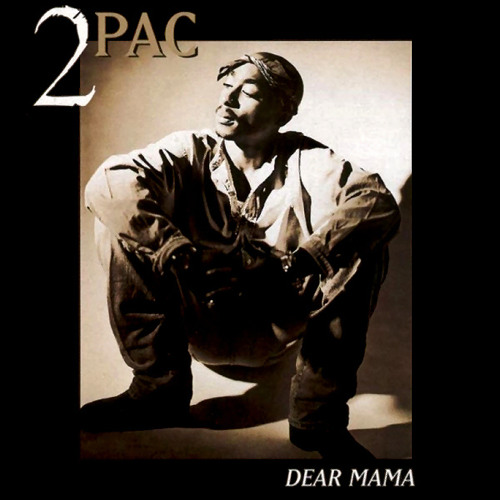

DEAR MAMA CLEAN FULL
Finally, he’s shown as an adult in full Trump garb, watching the election results come in on TV while eating fast food, which he later throws up. Ain't you mama, I'ma make you look so ridiculous now. Next he’s shown as a teenager training for the army before being placed behind a desk in front of an American flag. Pushed into a pool by a father figure and then chastised by a teacher in front of the whole class, the boy appears embarrassed and emasculated. Following him as he grows up, he first appears as a young boy in a school uniform being humiliated by figures of authority. The video, which features a cameo by British actor Neil Morrissey, tells the story of a Trump-esque character. “We wrote this script about a boy whose power was taken away from him as a child and he grew up determined to take that power back,” said band member Grace Chatto, who directed the video along with her bandmates Jack and Luke Patterson. Find Dear Mama (Xtra clean version) lyrics, a song performed by 2Pac and Anthony Hamilton : I love you I love you You are appreciated When I was young me. Goulding is not seen, but ringers for Donald Trump and his wife Melania are, as the video makes a statement about power, control and the repercussions of mistreating children… lest they grow up to become a very unhappy president. In this song, Tupac talks about the problems that had to be faced by his mother as representative of the problems.Clean Bandit, the Grammy-winning British electronic music group, takes a tragic view of Donald Trump in a music video that was released Monday for their single “Mama,” which features Ellie Goulding on vocals. The song also reveals the conditions of struggle that were to be endured by black women in urban areas of America during the eighties.

The personal experiences of Tupac find mention in Dear Mama and these can be used to analyze the conditions that have shaped race relations in the America of today. Stephens and Earl Wright II talk of the possibility of using songs such as Dear Mama as a “qualitative data source” (Stephens and Wright). The importance of this lies in the fact that current policy decisions may be able to gain from rap music like the one that Tupac produced.
DEAR MAMA CLEAN SKIN
The anger that Tupac feels towards the society for making him and his mother face hardships because of their skin color comes through in Dear Mama. When he says that despite the fact that his mother was a “crack fiend”, she “always was a black queen” (Shakur), he means to understand the troubles that she went through and also the paths that she took to avoid those troubles.
DEAR MAMA CLEAN CRACK
Afeni Shakur was addicted to crack and this is referred to in Tupac’s song. Poverty in many cases also coincided with the use of drugs and other substances that were banned. The song incorporates the problems that the poverty of the African Americans could lead them to. The personal dedication of the song to his mother is a proof of the fact that the song owes its existence to the personal experiences that Tupac went through as a child. Tupac is aware of his personal position within the historical times that he was a part of. Though Dear Mama bears many of the hallmarks of rap music, with its focus on street life and survival, Shakur’s willing to be so personal and even confessional is an important departure for a genre that often falls back on boasting and brashness. His songs were an exposition of the racist mentalities that were prevalent in the minds of people in the eighties. The analysis of history would lead one to believe that the destructive potential that racism had in the United States of America was channelized into creating the songs that Tupac did. A historical analysis of the song would thus, lead one to believe in the importance of the song that speaks of the poverty that people of a certain race had to suffer and the hardships that they had to undergo as a result of the discrimination that they had to face. An understanding of the hardships that were faced by African Americans in the eighties is clearly outlined in these lines when one takes the context of the song into account. In these lyrics, there is an understanding of the fact that the poverty and hardships that were faced were not a reflection merely of class but also of race. People who were born into the eighties were thus born into an environment of hatred that Tupac speaks of in his song when he says, Though back at the time, I never thought I'd see her face Ain't a woman alive that could take my mama's place Suspended from school and scared to go home, I was a fool with the big boys, breaking all the rules I shed tears with my baby sister (Shakur). Many movements like the Black Panthers Party had recognized the rise of racism in American society during the seventies but could not do much during the eighties when it was finally dissolved.


 0 kommentar(er)
0 kommentar(er)
